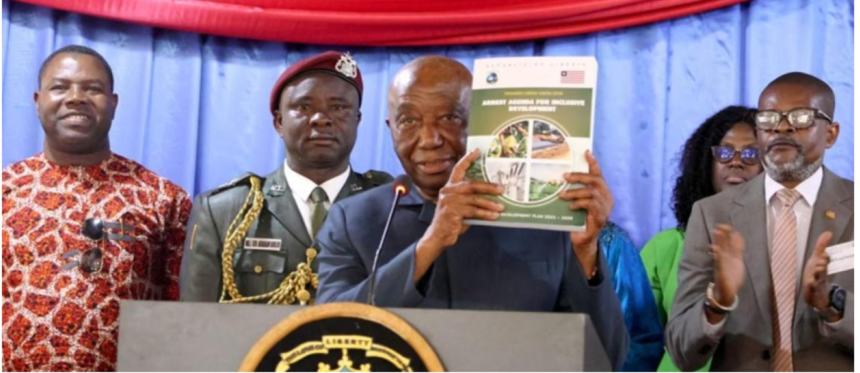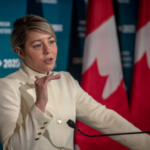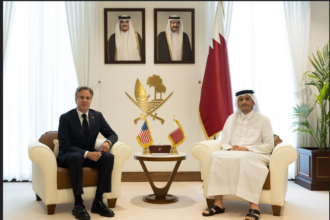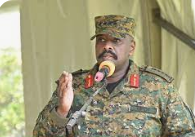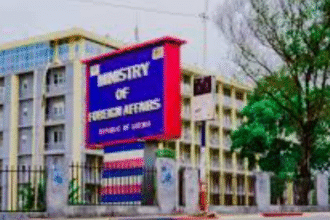Monrovia, Liberia – President Joseph Boakai’s ambitious “Arrest Agenda,” aimed at tackling corruption and fast-tracking socio-development is facing mounting criticisms for its perceived slow pace and ‘lack’ of well- felt results. This has led to growing speculation about whether a shake-up and reconstitution of his cabinet are necessary to inject new momentum and expertise into the fight against corruption and the speedy implementation of the “Arrest Agenda.”
Key priorities of the ARREST Agenda include:
• Modernizing Infrastructure: Improving roads, energy, and technology access.
• Fostering Good Governance: Ensuring transparency, accountability, and justice.
• Revitalizing the Economy: Leveraging natural resources, trade, and investment opportunities.
• Empowering Citizens: Expanding education, healthcare, and opportunities for women and youth.
Since assuming office in January 2024, President Boakai has repeatedly pledged to prioritize combating corruption, a pervasive issue that has plagued Liberia for decades. He established a task force dedicated to investigating alleged corruption cases from the past administration and promised swift action against those found culpable. However, progress has been slow, with few high-profile arrests and no major convictions secured. Moreover, reduction in high unemployment, signs of poverty alleviation, and visible socio-economic progress have been slow or not clearly visible to the people.
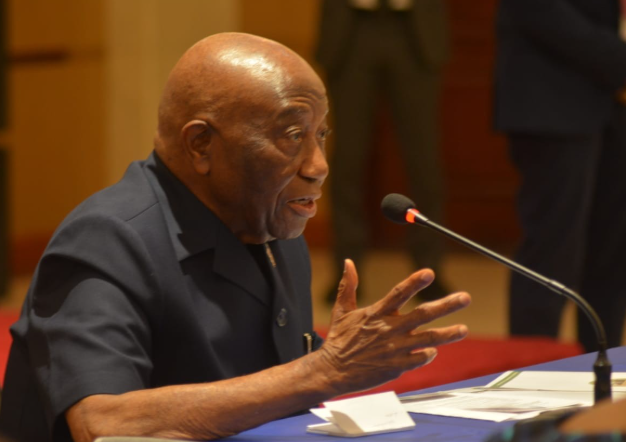
This has fueled public frustration and raised questions about the effectiveness of the current cabinet and makeup of the administration. Critics argue that some ministers and heads of institutions lack the necessary innovation and experience, political will, or even the integrity required to effectively pursue such a complex and sensitive agenda.
“The President’s intentions are good, but good intentions alone won’t get the job done,” said Liberian political analyst, Anthony Weah of Richmond, USA. “The Arrest Agenda requires a team of individuals who are not only competent but also fully committed to the President’s vision and willing to take on powerful vested interests. If the current cabinet isn’t up to the task, then a shakeup is inevitable.”
Several specific agencies have come under scrutiny, including the Ministry of Commerce and the Ministry of Labor. Concerns have been raised about the speed and efficiency of investigations, the allocation of resources for anti-corruption efforts, and the alleged interference from political actors.
While President Boakai has publicly defended his team, reassuring the public that progress is being made behind the scenes, pressure is mounting for more visible and impactful action.
“We are working diligently to gather evidence and build solid cases that will stand up in court,” an official in government who preferred to be unanimous told reporters. “The President is committed to upholding the rule of law, and that means ensuring due process is followed. We are not going to rush to judgment or engage in witch hunts.”
Despite these assurances, calls for a cabinet reshuffle continue to grow. Some political commentators suggest that bringing in fresh faces with proven track records could provide the necessary boost to the Arrest Agenda.
However, a cabinet reshuffle carries its own risks. It could be perceived as an admission of unspoken failure, and create further delays as new ministers and heads of agencies get settled in.
The coming weeks are likely to be crucial as President Boakai assesses the progress of his anti-corruption efforts and socio-economic development agenda and considers whether a cabinet reshuffle is indeed the right path forward to accelerate the Arrest Agenda and deliver on his promises for prosperity to the Liberian people.


